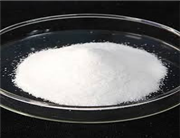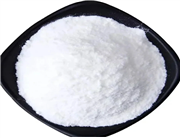Levobupivacaine Hydrochloride Local Anesthetic Powder CAS 27262-48-2
Levobupivacaine HCL
CAS:27262-48-2
MF:C18H29ClN2O
MW:324.89
Synonyms:TIMTEC-BB SBB001337;(S)-(-)-BUPIVACAINE HCL;(S)-(-)-BUPIVACAINE HYDROCHLORIDE;(S)-(-)-1-N-BUTYL-2',6'-DIMETHYL-2-PIPERIDINCARBOXANILID HYDROCHLORIDE;(S)-(-)-1-BUTYL-2-(2,6-XYLYLCARBAMOYL)-PIPERIDINE HYDROCHLORIDE;s-(-)-1-butyl-2',6'-pipecoloxylidide hydrochloride;(s)-1-butyl-2',6'-piperidinecarboxamidemonohydrochloride ;(s)-1-butyl-n-(2,6-dimethylphenyl)-2-piperidinecarboxamidemonohydrochloride
Properties
Melting point:254 °C (dec.)(lit.)
alpha -12.5 º (c=2, water)
storage temp. 2-8°C
solubility H2O: soluble20mg/mL, clear
color white to beige
Safety Information
Symbol(GHS)
Description
Levobupivacaine(INN) is a local anaesthetic drug belonging to the amino amide group.It is the S-enantiomer of bupivacaine.It is the hydrochloride salt of levobupivacaine,an amide derivative with anesthetic property.
Levobupivacaine reversibly binds voltage-gated sodium channels to modulate ionic flux and prevent the initiation and transmission of nerve impulses (stabilizing neuronal membrane),thereby resulting in analgesia and anesthesia.In comparison with racemic bupivacaine,levobupivacaine is associated with less vasodilation and has a longer duration of action.
Levobupivacaine hydrochloride is a sodium channel blocker used as a long-acting local anaesthetic for epidural anesthesia.Levobupivacaine is the isomer of bupivacaine,with efficacy similar to that of bupivacaine with a reduced risk of cardiotoxicity.
Applications
Bupivacaine is related chemically and pharmacologically to the aminoacyl local anesthetics.It is a homologue of mepivacaine and is chemically related to lidocaine.All three of these anesthetics contain an amide linkage between the aromatic nucleus and the amino.They differ in this respect from the procaine-type local anesthetics,which have an ester linkage.
Bupivacaine hydrochloride injection,USP-Sterile isotonic solution containing sodium chloride.The pH of the solution is adjusted to between 4 and 6.5 with sodium hydroxide or hydrochloric acid.
Bupivacaine is an anesthetic (numbing medicine) that blocks the nerve impulses that send pain signals to your brain.
Bupivacaine is used as a local (in only one area) anesthetic.
Bupivacaine is given as an epidural injection into the spinal column to produce numbness during labor,surgery,or certain medical procedures.
Bupivacaine is also used as an anesthetic for dental procedures.
Bupivacaine may also be used for purposes not listed in this medication guide.
Levobupivacaine Hydrochloride Clinical use
Compared to bupivacaine, levobupivacaine is associated with less vasodilation and has a longer duration of action. It is approximately 13 percent less potent (by molarity) than racemic bupivacaine and has a longer motor block onset time.
Levobupivacaine Hydrochloride Indications
Levobupivacaine is indicated for local anaesthesia including infiltration, nerve block, ophthalmic, epidural and intrathecal anaesthesia in adults; and infiltration analgesia in children.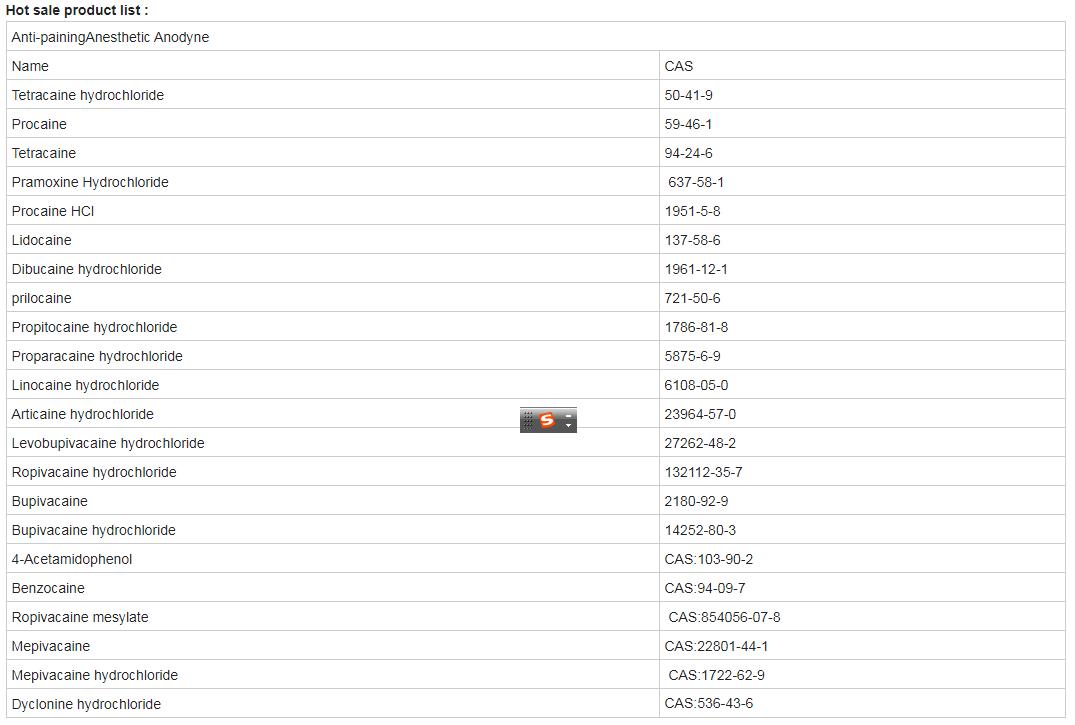
Email:lisa@zhanyaobio.com
Whatsapp:+86 19831145233
Wechat:19831145233
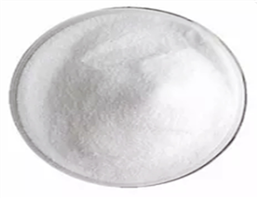
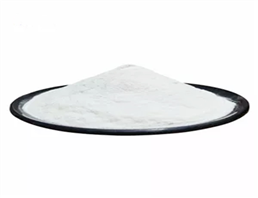
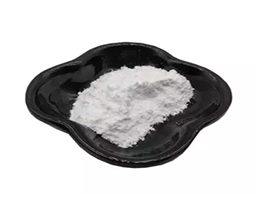
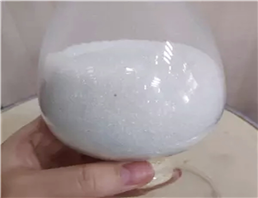
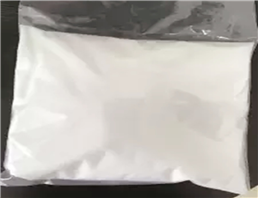

 China
China
